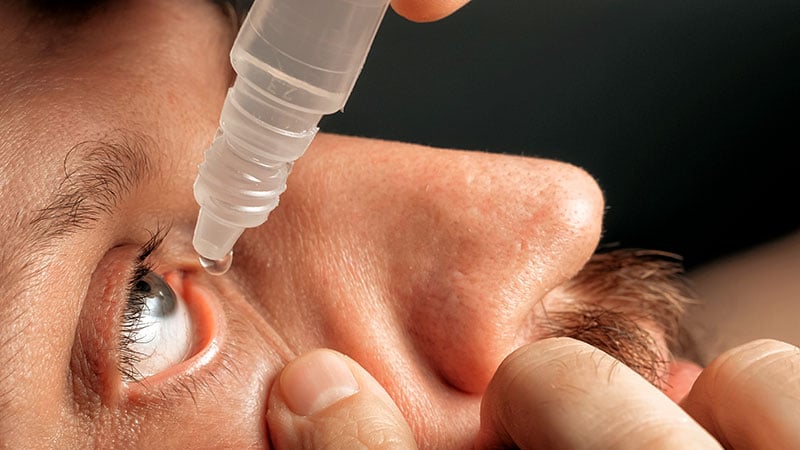TOPLINE:
According to a meta-analysis, tear film stability shows deterioration after cataract surgery, with symptoms potentially lasting up to 3 months postoperatively. However, the effect of cataract surgery on other measures of dry eye is unclear, with inconsistent outcomes across studies.
METHODOLOGY:
- Researchers conducted a systematic review of 20 observational studies with 1694 eyes published between 2010 and 2021 to investigate the effect of cataract surgery on symptoms of dry eye; seven studies (481 eyes) were included in the meta-analysis.
- The selected studies included participants aged ≥ 18 years who had undergone cataract surgery; assessments of dry eye after surgery were compared with those conducted at baseline or between different surgical methods.
- The analysis encompassed short-term (within 1 week), medium-term (1 week to 3 months), and long-term (> 3 months) follow-up periods.
- The primary outcome measures included symptoms of dry eye assessed through the Ocular Surface Disease Index and the five-item Dry Eye Questionnaire; secondary outcomes included tear film stability measured using Tear Break Up Time, aqueous production using the Schirmer’s I test, and ocular surface dye staining using Corneal Fluorescein Staining.
TAKEAWAY:
- Tear film stability demonstrated significant deterioration (mean difference, −4.09; 95% CI, −7.73 to −0.46; three studies) at short-term follow-up and a very modest decrease (mean difference, −2.01; 95% CI, −2.96 to −1.05; seven studies) at medium-term follow-up after cataract surgery.
- The effect of cataract surgery on symptoms of dry eye, aqueous production, and ocular surface staining could not be determined due to a considerable degree of inconsistency between studies.
IN PRACTICE:
“Our findings support the notion that dry eye may emerge as a complication following cataract surgery, aligning with existing evidence syntheses…. Clinicians are urged to incorporate the potential for postoperative dry eye symptoms into their discussions with patients undergoing cataract surgery,” the authors of the study wrote.
SOURCE:
The study was led by Hillary Ta and Paul McCann, MBChB, MRes, PhD, from the University of Colorado Anschutz Medical Campus in Aurora, Colorado. It was published online on January 13, 2025, in BMC Ophthalmology.
LIMITATIONS:
Considerable heterogeneity was noted between studies across various outcomes, making it challenging to draw robust conclusions. Variation in follow-up timeframes limited the ability to capture data on peak occurrence and duration of dry eye symptoms. The short follow-up duration of the selected studies prevented researchers from determining whether dry eye outcomes returned to baseline during longer follow-up periods.
DISCLOSURES:
The study received funding from the National Eye Institute. One author disclosed being a consultant and an investigator for different pharmaceutical companies, while another disclosed receiving grants from the National Eye Institute and National Institutes of Health.
This article was created using several editorial tools, including AI, as part of the process. Human editors reviewed this content before publication.
Source link : https://www.medscape.com/viewarticle/cataract-surgery-may-cause-dry-eye-indicates-meta-analysis-2025a100011h?src=rss
Author :
Publish date : 2025-01-16 07:53:13
Copyright for syndicated content belongs to the linked Source.
